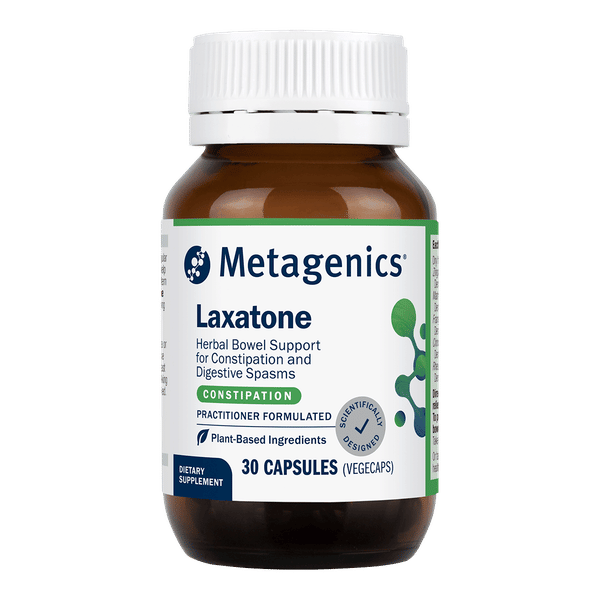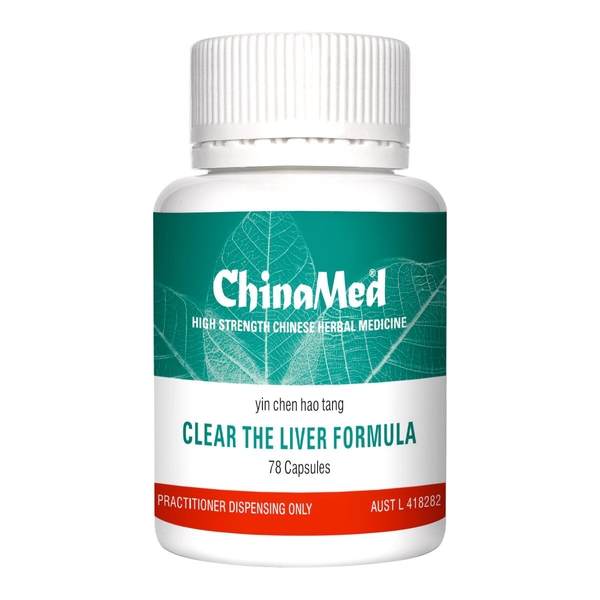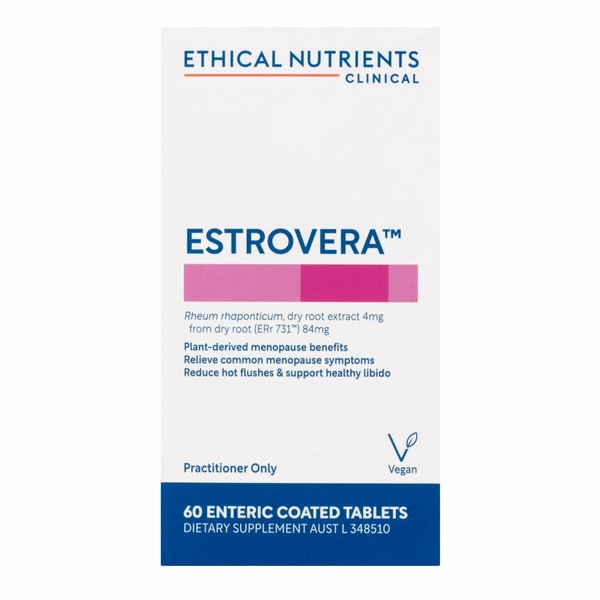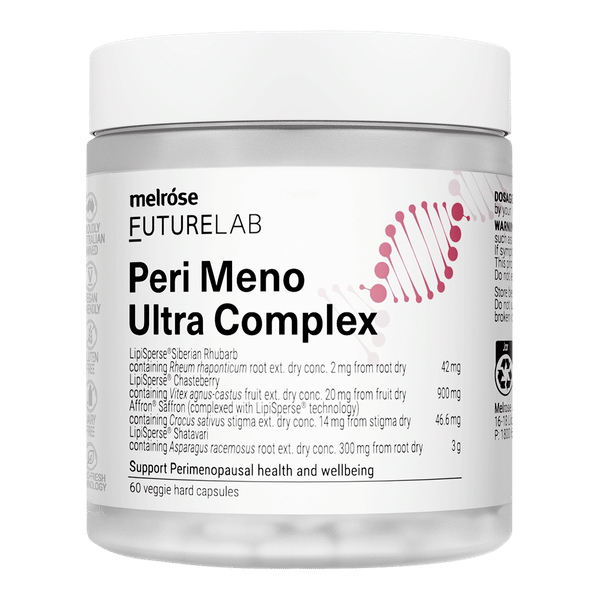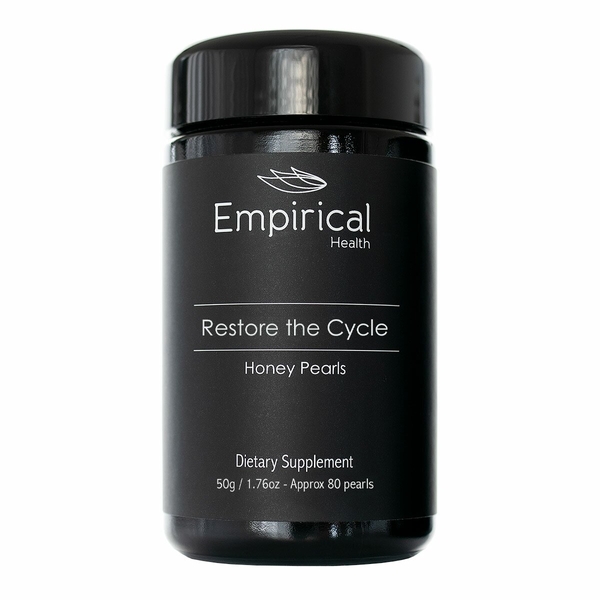
Background
Rhubarb contains chemicals that might help heal cold sores and reduce swelling. Rhubarb also contains fiber, which might help reduce cholesterol levels and affect stomach conditions.
People use rhubarb for diarrhea, stomach pain, indigestion, symptoms of menopause, menstrual cramps, obesity, swelling of the pancreas, and many other conditions, but there is no good scientific evidence to support most of these uses.
Safety Safety definitions
Rhubarb leaves are possibly unsafe. Rhubarb leaves contain oxalic acid, which can cause stomach pain, diarrhea, vomiting, seizures, and death.
When applied to the skin: Rhubarb is possibly safe.
Special Precautions & Warnings:
Pregnancy and breast-feeding: Rhubarb is commonly consumed in foods. Rhubarb is possibly unsafe when used in greater amounts. Stay on the safe side and stick to food amounts.Gastrointestinal (GI) conditions: Don't take rhubarb if you have a bowel obstruction, appendicitis, unexplained stomach pain, or inflammatory conditions such as Crohn disease, colitis, and irritable bowel syndrome (IBS).
Kidney disease: There are chemicals in rhubarb that might harm the kidneys or increase the risk of kidney stones. If you already have kidney disease, avoid rhubarb.
Kidney stones: Rhubarb contains a chemical that the body can convert into kidney stones. If you have ever had kidney stones, don't take rhubarb.
Liver problems: Rhubarb can make liver function worse in people who already have liver problems. People who have liver problems should avoid rhubarb.
Effectiveness
- Symptoms of menopause. Taking a rhubarb root extract by mouth seems to improve symptoms of menopause, including hot flushes, mood, quality of life, and fatigue.
- Swelling (inflammation) of the pancreas (pancreatitis). Taking rhubarb by mouth or rectally might help reduce pain and other symptoms of pancreatitis. It might also reduce the length of a hospital stay for pancreatitis.
Dosing & administration
As medicine, rhubarb root and rhizome are used in many different types of products, including powders, extracts, creams, solutions, and enemas. Speak with a healthcare provider to find out what type of product and dose might be best for a specific condition.
Interactions with pharmaceuticals
Cyclosporine (Neoral, Sandimmune)
Interaction Rating=Moderate Be cautious with this combination.
Taking rhubarb and cyclosporine together might reduce the levels of cyclosporine in the blood. This might reduce the effects of cyclosporine.
Digoxin (Lanoxin)
Interaction Rating=Moderate Be cautious with this combination.
Rhubarb is a type of laxative called a stimulant laxative. Stimulant laxatives can decrease potassium levels in the body. Low potassium levels can increase the risk of digoxin side effects.
Medications for inflammation (Corticosteroids)
Interaction Rating=Moderate Be cautious with this combination.
Rhubarb is a type of laxative called a stimulant laxative. Stimulant laxatives can cause diarrhea and decrease potassium levels. Some medications for inflammation, called corticosteroids, can also decrease potassium levels. Taking these products together might cause potassium levels to drop too low.
Medications that can harm the kidneys (Nephrotoxic drugs)
Interaction Rating=Moderate Be cautious with this combination.
Rhubarb might harm the kidneys. Some medications can also harm the kidneys. Taking rhubarb with a medication that can harm the kidneys might increase the risk of kidney damage.
Medications that can harm the liver (Hepatotoxic drugs)
Interaction Rating=Moderate Be cautious with this combination.
Rhubarb might harm the liver. Some medications can also harm the liver. Taking rhubarb along with a medication that can harm the liver might increase the risk of liver damage.
Stimulant laxatives
Interaction Rating=Moderate Be cautious with this combination.
Rhubarb is a type of laxative called a stimulant laxative. Stimulant laxatives can cause diarrhea and decrease potassium levels. Taking rhubarb with other stimulant laxatives might cause more diarrhea and very low potassium levels.
Warfarin (Coumadin)
Interaction Rating=Moderate Be cautious with this combination.
Rhubarb can work as a laxative. In some people, rhubarb can cause diarrhea. Diarrhea can increase the effects of warfarin and increase the risk of bleeding. If you take warfarin, do not take excessive amounts of rhubarb.
Water pills (Diuretic drugs)
Interaction Rating=Moderate Be cautious with this combination.
Rhubarb is a laxative. Some laxatives can cause diarrhea and decrease potassium levels. "Water pills" can also decrease potassium levels. Taking rhubarb along with "water pills" might make potassium levels drop too low.
Interactions with herbs & supplements
Herbs and supplements that might harm the liver: Rhubarb might harm the liver. Taking it with other supplements that can also harm the liver might increase the risk of liver damage. Examples of supplements with this effect include garcinia, greater celandine, green tea extract, kava, and kratom.
Herbs that contain cardiac glycosides: Overuse of rhubarb might cause the body to lose too much potassium. This could leave the heart more vulnerable to the harmful effects of chemicals called cardiac glycosides that are found in some herbs. Examples of supplements that contain cardiac glycosides include black hellebore, foxglove, lily-of-the-valley, oleander, and pleurisy root.
Horsetail: Taking rhubarb along with horsetail might increase the risk of losing too much potassium.
Iron: Rhubarb contains a chemical that can bind with iron. This might reduce the amount of iron that the body absorbs.
Licorice: Taking rhubarb along with licorice might increase the risk of losing too much potassium.
Stimulant laxative herbs: Rhubarb is a type of laxative called a stimulant laxative. Stimulant laxatives can cause diarrhea and decrease potassium levels. Taking rhubarb with other supplements with similar effects might cause more diarrhea and very low potassium levels. Examples of supplements with this effect include aloe, buckthorn, gossypol, and senna.
Zinc: Rhubarb contains a chemical that can bind with zinc. This might reduce the amount of zinc that the body absorbs.
Interactions with foods
Products
View all products- Rheum palmatum (Da Huang) ext. 18 mg
- Artemisia frigida ext. 60 mg
- Taraxacum mongolicum ext. 30 mg
- Lysimachia christinae ext. 60 mg
- Gardenia jasminoides ext. 24 mg
- Alisma orientale ext. 24 mg
- Crataegus pinnatifida ext. 24 mg
- Curcuma longa ext. 18 mg
- Citrus aurantium ext. 18 mg
- Abrus cantoniensis ext. 24 mg
- Rheum officinale
- Apis mellifica
- Histamine
- Strychnos nux-vomica (Strychnine tree)
- Anemone pulsatilla (Pasque flower)
- Potassium dichromate
- Lac caninum
- Teucrium marum
- Zincum metallicum
- Lemna minor
- Krameria lappacea (Ratanhia)
- Rheum palmatum (Da Huang) (root & rhizome)
- Hirudo medicinalis
- Cinnamomum cassia (bark) (bark)
- Chinese peony (red) (root)
- Paeonia suffruticosa (bark)
- Prunus persica (seed)
- Poria cocos (fungus)
- Eupolyphaga steleophaga
- Tabanus bivittatus
- Mel mellis (Feng Mi)

